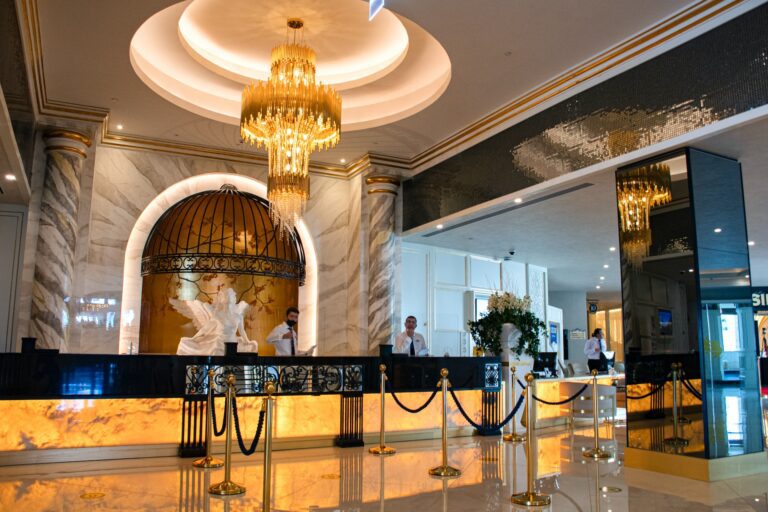Hospitality
The COVID-19 pandemic is continuing to have an impact right across the hospitality industry. The worldwide impact acrooss the hosptality sectorwas accutly fealt with a significant drop off in revenues. Even when lockdowns were lifted, businesses struggled to obtain bookings at pre pandemic levels, requiring some creative pivoting in business modelling to mitigate further losses going forward. Global travel was also impacted and even when it did resume many people people were reluctant to travel for fear of contracting the virus.
Losses from the period in many countries when hotels, pubs and restaurants were forced to close, a very slow uptake in booking once they reopened when booking dropped away have meant that across the industry businesses are looking at ways to mitigate the damage caused as well as how to move forward. Travel was restricted in many countries across the globe and even when travel was permitted many fewer people are willing to travel compared to the period before the outbreak of COVID-19.
Many of the larger groups used the pandemic to review and refine every aspect of their business to improve viabilty with new technology playing an integral part in this process.
In a bid to improve occupancy rates, hotel chains are utilising Artificial Intelligence on the vast amount of customer data they ahave accumilated anlong with reactive pricing in accordance with increases and decreases. in demain accociated with holiday periods and local events.
This approach ensures they can quickly adjust pricing to improve occupancy rates and hence the bottom line. Most hotels also work with a myriad of search sites such as Hotels.com, Booking.com, Whatif, HotelsCombined, Trivago etc. and again having fast and proactive pricing for these sites is vital.
Targeted e-mail campaigns using algorithms based on historical customer activities and trends is also having an increasing impact in this sector.


Amidst the COVID-19 pandemic, the global hospitality industry has faced a significant shortfall in staff, creating challenging ramifications for the sector. Some workers have opted to leave the industry in search of better work-life balance opportunities, intensifying the industry’s existing predicaments.
To combat this issue, forward-thinking hotel and restaurant chains have implemented innovative technological solutions that automate tasks traditionally performed by human staff. Robots have been deployed to aid concierge duties by welcoming guests and providing information, and also for cleaning activities such as vacuuming and germ-killing.
By embracing technology and utilising robotics, the industry is poised to move past these challenges while simultaneously providing guests with the quality services they have come to expect. The hospitality industry’s future success lies in its ability to embrace new technologies and drive innovation to stay relevant in a highly competitive landscape.
The hospitality industry is experiencing a drastic increase in the need for cybersecurity measures due to their heavy reliance on data and IT systems. As more information is gathered from guests and utilized by the industry, the potential for cyber threats such as ransomware, phishing, DDoS and human error has increased. To counteract this, it is important for hotels to invest in cybersecurity awareness training and take active steps to protect their IT systems.
KaiKetsi offers a solution by protecting the sensitive data of guests and providing a backup depository. KaiKetsi’s solution ensures that only the very latest information is kept for immediate access on the regular IT systems while simultaneously moving older information to the KaiKetsi system core. Additionally, all guest data is kept in secure, encrypted storage inaccessible to any system users who do not meet the access requirements. This ensures that only authorised personnel have access to sensitive data minimizing the risk of hacking. KaiKetsi’s solution also encompasses Geo location and compliance regulations in order to enforce all data movement and access controls.
The consequence in failing to protect customer data can be significant and far reaching. The reputational damage suffered by the Marriott group after it took over the Starwood hotels group only to discover two years later that Starwood’s data had been compromised by hacker, is still being felt today.
News:
Hotel giant Marriott confirms yet another data breach | TechCrunch
8 Examples of Robots Being Used in the Hospitality Industry (revfine.com)
Marriott Hotels fined £18.4m for data breach that hit millions – BBC News

